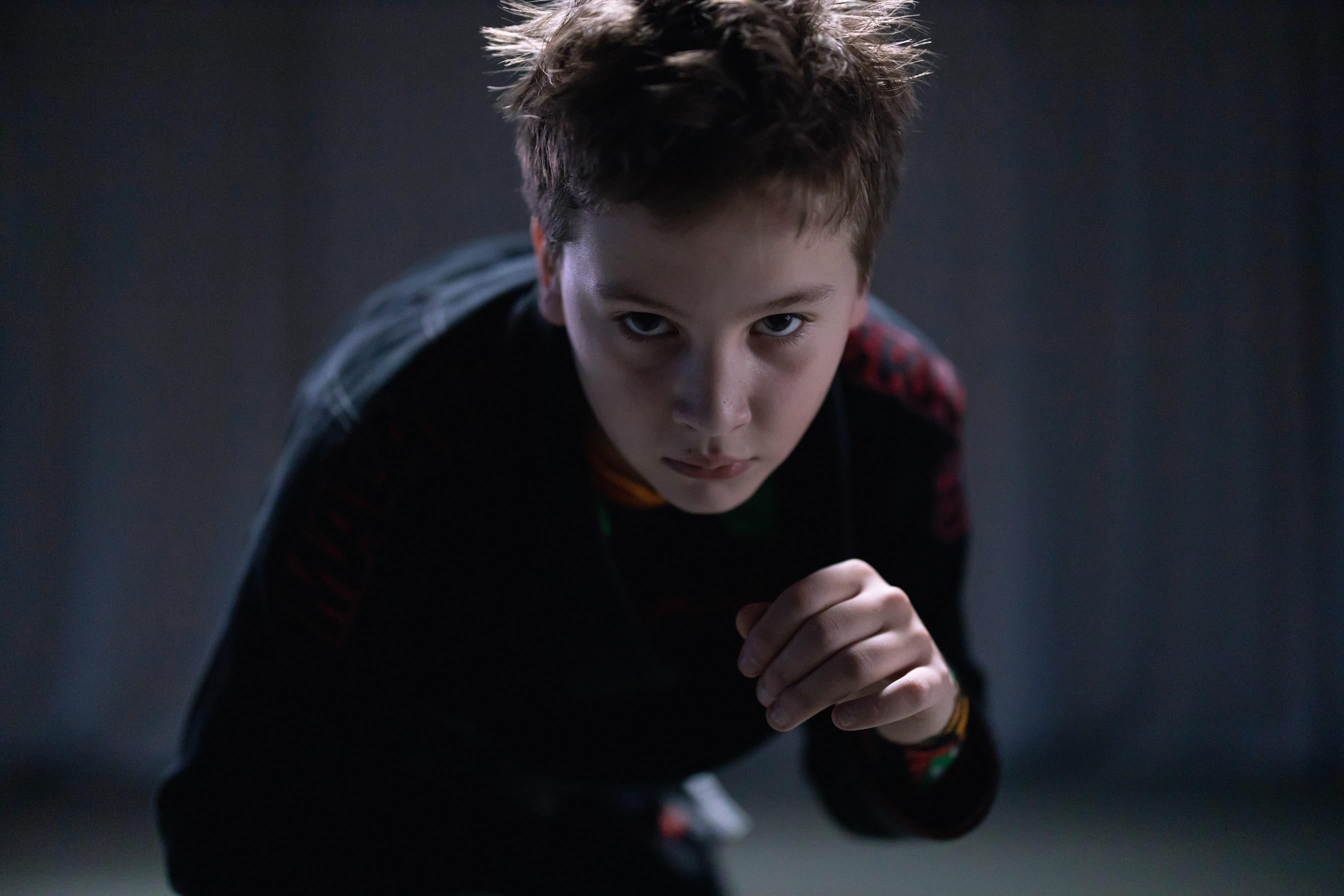- Home
- »Articles
- »Martial Arts
- »jujitsu
- »Does Jiu-jitsu Make My Child Aggressive?



Does Jiu-jitsu Make My Child Aggressive?
15 January 2023
Many parents have questions about their children learning martial arts and one of the most common of these pertains to the potential for aggression. This is a bit of a misconception. While martial arts can sometimes look like they are violent, what they actually are is the mindful use of self-control and muscle memory that comes from practice and repetition. The Japanese word “Jiu-jitsu” actually means “the gentle art”.
A Basic Understanding of Jiu-jitsu
If you are genuinely concerned that your child may become violent if they learn a martial art, Jiu-jitsu is probably one of the best for them to learn.
Unlike Karate, a lot of which is focused on strikes with the hand, and Taekwondo, which is primarily focused on using the feet to strike opponents, Jiu-jitsu utilises grabs, grapples, holds and throws to reduce the threat level of the opponent.
The whole purpose of this form of martial art is to learn how to subdue an aggressive opponent rather than take aggressive steps of your own against them. It is a particularly good martial art to teach children who are being bullied, for precisely this reason.
Self-Discipline
Jiu-jitsu can be a great way to teach your children self-discipline and respect. When they are taking martial arts classes, they will be expected to address the leader of the class in an appropriate manner. The title used to address a teacher of this martial art is often Professor rather than Sensei like it would be in Karate, but the essential meaning is the same in that it is also a title meaning teacher.
Learning how and when to use the skills that you learn in martial arts class is a large part of what is taught to students and they are expected to adhere to what their Professor is telling them in order to continue their training.
Confidence
Jiu-jitsu, like many martial arts, will most likely have a positive effect on your child and how they see themselves. Whether they lose weight from the intensive training or increase their range of movement and flexibility, they are still seeing an improvement. They will see their body slowly becoming better at doing what they want it to and this will naturally lead to increased confidence.
Increasing proficiency at any martial art and moving up the gradings will see them becoming stronger and more coordinated in their movements, with improved ability to balance and an increased awareness of their own physicality.
Final Thoughts
It is understandable that parents worry about their children learning martial arts. The word “Martial” after all relates to fighting and war, so the idea they are learning the “arts of fighting” or war sounds scary.
The confidence and abilities gained through learning Jiu-jitsu should actually help them to avoid problems in the first place. It is the less confident children who have problems most often and are bullied.
Nobody wants to take on the kid who looks confident and aware of their surroundings. If they are forced to fight they should be able to subdue their opponent using the techniques they have learned and prevent them from being able to hurt them in any meaningful way.
